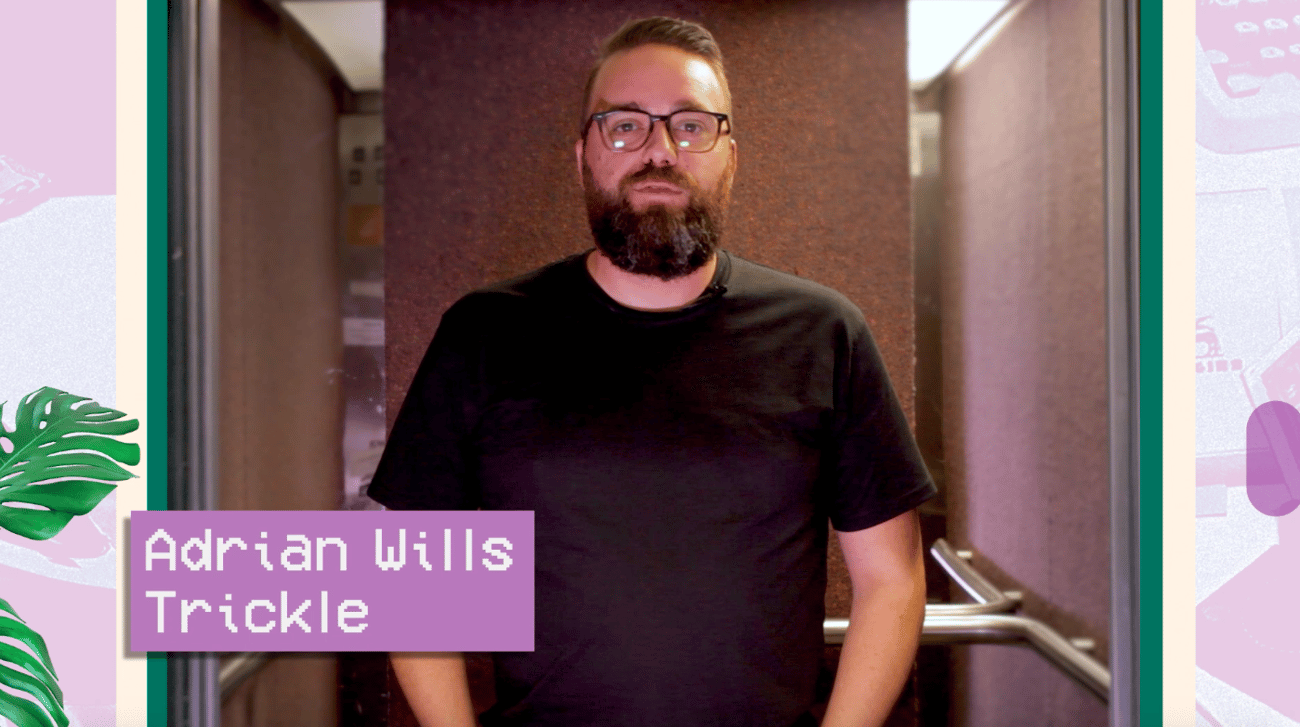
Those who’ve worked in a bar before know that changing the beers kegs can be a time-consuming and often mismanaged process. The process is ripe for refinement, which is where Serato and Vend alumni Adrian Wills saw an opportunity.
This led Wills to launch Trickle, a software for bars to manage every aspect of on-tap beer’s lifecycles from the moment it arrives in a keg, to the moment when it’s placed in front of a patron and slurped down. Its hardware component can also track theft and wastage of beers through gathering the data of every drop of beer poured (or spilt).
“Without giving away our secret sauce, there’s a lot more to recording and understanding wastage than just logging everything and knowing what wasn’t sold,” Wills says.
“With every drop of beer we record, we get a better understanding of the way beer moves through the business. Even some of the most experienced bar owners I’ve spoken to have been surprised at the level of insight we can give on missing beer.”
He says thanks to his experience of working at Serato and Vend, he’s well versed in how to take an idea that has been kicking around for a while and forming it into an actual product.
“I began talking to more and more people in the bar and beer industry and pretty quickly it started to look like it could make a good business,” Will says.
He begun testing Trickle’s platform out in The Beer Spot on Auckland’s North Shore in late 2015. The bar had a lot of taps, he says, so it became clear straight away how he could help them manage the bar through tracking the sales and usage of beer with his software.
But life isn’t all beer and skittles. It was during this trial that he worked out some kinks in the hardware, while learning that spending a lot of time hanging out in beer chillers could have some adverse side effects.
“At my daughter’s first birthday last year, I couldn’t really make a speech at her birthday party as my voice was non-existent due to a minor bout of pneumonia,” Will says.
“I spent more and more time in the giant chiller at The Beer Spot when testing out hardware, but I learned the hard way that if you don’t dress appropriately, a little cold can turn bad relatively quickly.”
Come 2018, Trickle has now helped changed more than 3000 taps and pour more than 500,000 beers across New Zealand. It has also been refined down into two products: Trickle Flow and Trickle Management.
Wills says Trickle Flow helps bars have a clear understanding of where their beer is going to ensure they’re not losing revenue, while Trickle Management is a way for free-house bars (bars that stock a different type of beer, such as craft beer, each time they change the keg) to reduce the amount of time spent on managing the different types of beers.
“By the time you’ve calculated prices, plugged information about the beer into point-of-sale, generated menus and updated any other systems, you’ve easily lost 15 to 20 minutes per tap change. Trickle reduces more than 90 percent of that time and it can be dealt with by any staff member.”
Trickle is now powering several bars across New Zealand, and is keen to find its way into more bars here in Aotearoa and across the ditch. The business has been entirely funded out of the pockets of Wills and his wife Vanessa’s pockets, but a Callaghan Innovation grant in 2017 provided a boost for Trickle’s R&D.
While it’s early days yet, Trickle is also looking at an artificial intelligence type component that can predict what times kegs will run dry, or when fridges need to be well stocked for busy periods.
Wills is also looking to stop consulting for other businesses and make Trickle a full-time gig very soon, so he says he’s interested to form strategic partnerships with people or businesses that can help Trickle expand across the New Zealand and Australian markets.
Start-up accelerators he could enter to help with mentoring and growth are also of interest.
So, what’s the big, hairy, audacious goal? Wills says when Trickle is distilled down to its very essence, the aim is to make it a platform for beer data rather than a service.
“My goal is that it becomes a way for everyone involved in beer to be able to operate more efficiently and be a better business because of what we can learn about beer through the data we collect.”
We’ll drink to that.
Anyone who’s keen to hear more or collaborate can get in touch with Wills via his website.




